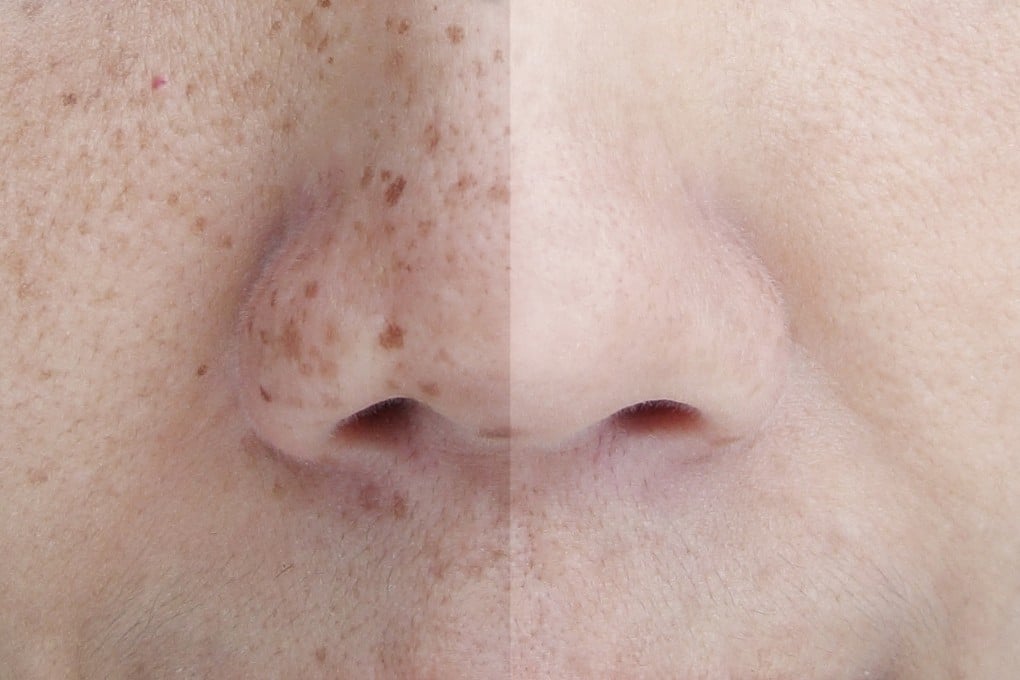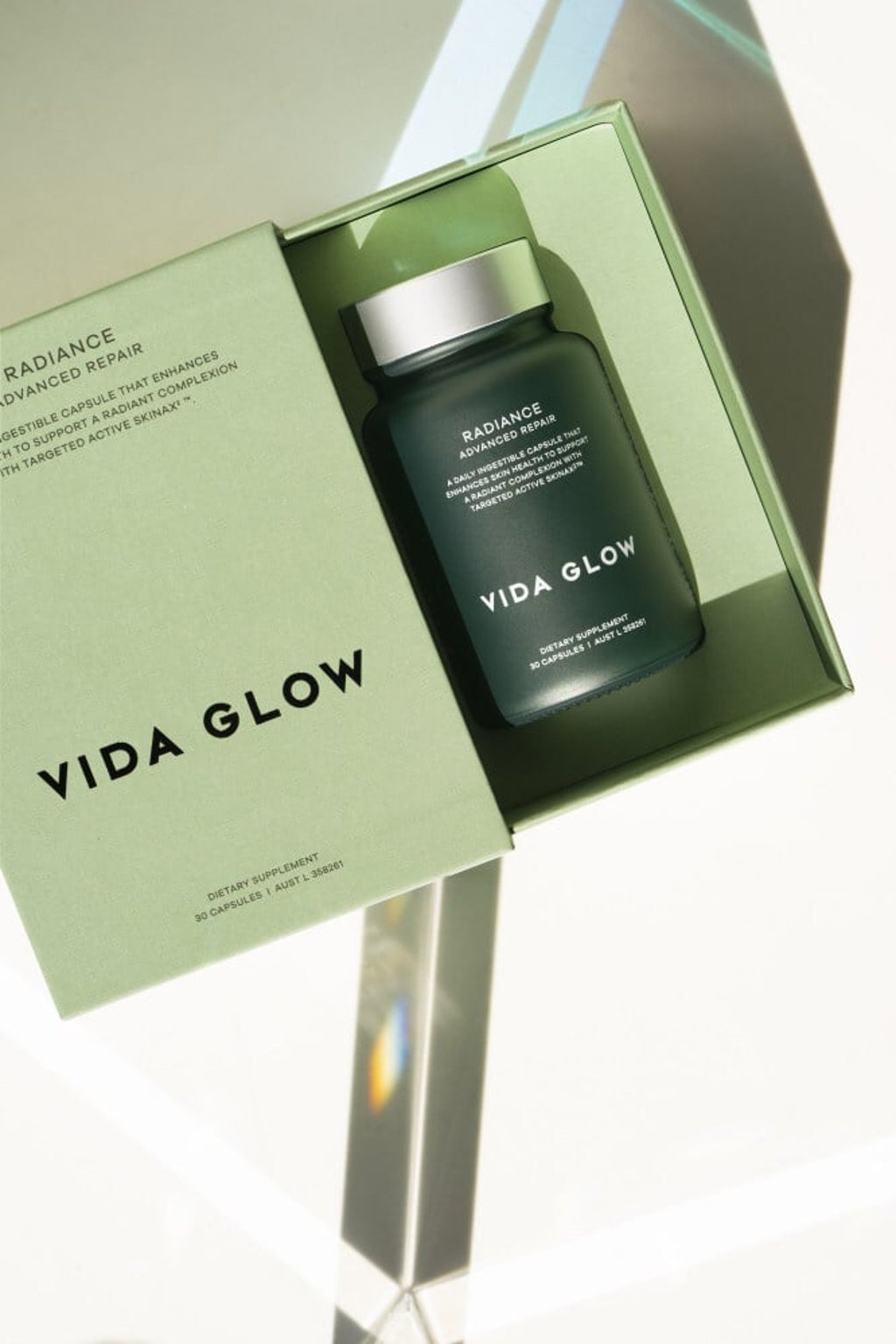What causes hyperpigmentation – dark spots – on your face and how to get rid of them
- Sun exposure, inflammation, ageing, even the pill – not all dark spots are created equal, and they’re not all treated the same way either, say skincare experts
- Lasers can be helpful in a clinic or salon to treat them, while a consistent skincare routine at home will also help – as will applying a sunscreen every day

Forget creases and wrinkles – one of the most common skincare concerns raised in the offices of dermatologists and beauty salons is dark spots.
“Pigmentation, including sun spots [and] solar lentigines, are probably the most common concern we see with our clients, especially in Australia,” says Grant.
“More prominent in those with fair skin, these localised spots are usually caused from sun exposure. Other reasons for darker spots can be post-blemish pigment, caused by inflammation. Again, these are super common.”

However, as Grant notes, not all spots are created equal. Dark spots can be hormonally induced (they are called melasma). Then there are sun and age spots caused by increased melanin thanks to sun exposure and the ageing process, and inflammatory hyperpigmentation – the kind that can arise if you pick at a spot.
In any case, they’re not all treated the same way either.